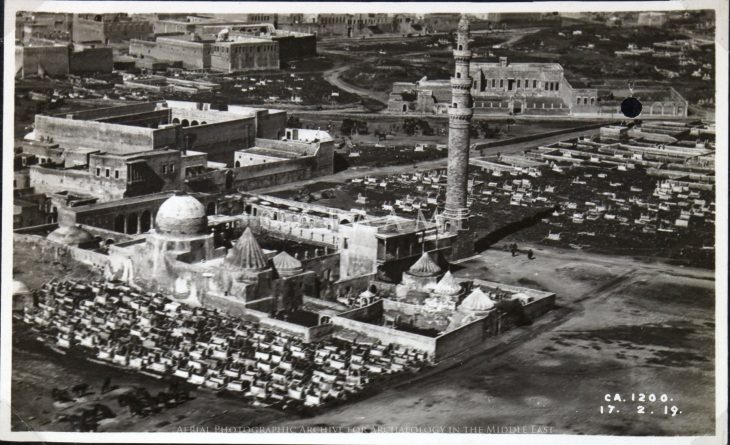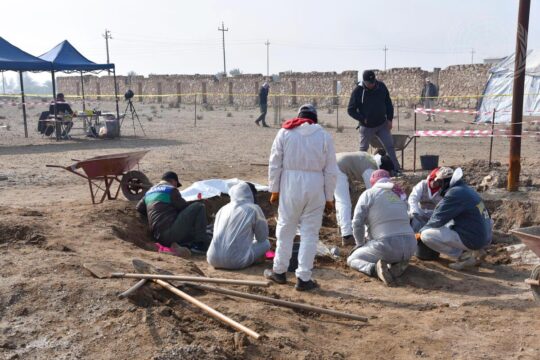The destruction by jihadists of Mosul's leaning minaret "deepens the wounds" in war-torn Iraq, UNESCO chief Irina Bokova said Thursday.
Calling in a statement for "immediate and strengthened international mobilisation," the head of the UN's cultural agency said: "This new destruction deepens the wounds of a society already affected by an unprecedented humanitarian tragedy."
She pledged UNESCO's "renewed solidarity and readiness to support, restore and rehabilitate cultural heritage whenever possible."
The 12th-century minaret blown up along with the Nuri mosque on Wednesday was one of Iraq's most recognisable monuments, sometimes referred to as its Tower of Pisa.
Work begun by UNESCO to safeguard the minaret in 2012 "had to be interrupted due to the conflict," Bokova said, adding however that "a comprehensive study for the conservation of the minaret has been completed and could be useful in the future."
In March, the UN Security Council approved a resolution calling for a systematic defence of cultural heritage sites in conflict zones.
In a sign of the international community's growing get-tough stance on heritage, the International Criminal Court in the Hague on March 21 sentenced a Malian jihadist to nine years in prison for the war crime of attacking Timbuktu's treasured shrines and a mosque.






